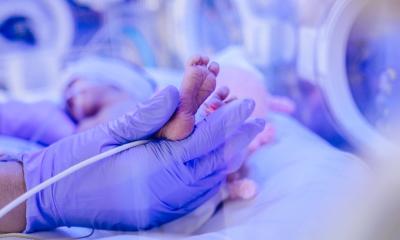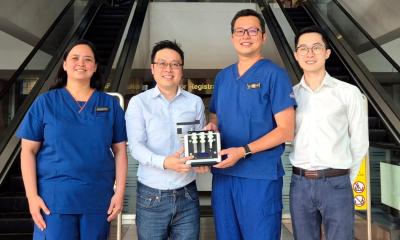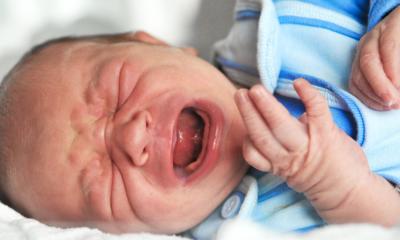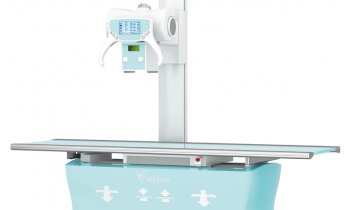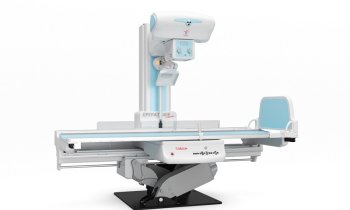Euthanasia debate rekindled
"Clandestine mercy killings of neonates must end"
The Netherlands - Although this country became the first, in 2002, to legalise euthanasia for people aged 16 years and over, child euthanasia remains illegal.
Nonetheless, 72% of Dutch doctors are in favour of this in extreme cases, and a survey has suggested that the lives of about 15-20 disabled neonates are ended annually there. However, the first Dutch study to focus on child euthanasia has demonstrated that physicians are so afraid of criminal prosecution that, since 1997, only 22 deaths involving terminally ill babies were reported. ‘It’s time to be honest about the unbearable suffering endured by newborns with no hope of a future,’ said one of the study’s authors, paediatrician Eduard Verhagen, of Groningen University Medical Centre. Out of compassion, he added, doctors everywhere end lives discretely and without any regulation.
‘Worldwide, the US included, many deaths among newborns are based on end of life decisions, after physicians reached the conclusion that there was no quality of life. This is happening more and more frequently. If we take this awfully difficult decision, it must happen with complete openness.’
The study, conducted with the cooperation of the Universitair Medisch Centrum Groningen, and published in Nederlands Tijdschrift voor Geneeskunde (www.ntvg.nl), aims to highlight under-reporting and to encourage doctors to report cases without fear of prosecution. The authors point out that none of the physicians involved in mercy killings was prosecuted. In the cases, involving babies with extreme spina bifida, it was revealed that four unofficial rules were used to guide prosecutors in their decisions not to charge those involved in these deaths. The criteria: the child’s medical team and independent doctors had agreed; the child’s condition could not be improved, nor pain be eased; the parents had consented and the life had ended in a medically correct manner.
With the agreement of Dutch legal authorities, Groningen University Hospital, had drawn up a document setting out circumstances in which euthanasia of new-born babies could be justified, which include the same criteria mentioned above - i.e. that the disease is incurable and impossible to relieve through drugs or surgery; parents consent must be given; the child must have no prospects of a future and euthanasia must be carried out with meticulous care. In December an article appeared on the Groningen University Centre website, headed: ‘Paediatricians call for nationwide protocol for the ending of life of unbearably and incurably suffering newborns’. In this, paediatricians at eight Dutch academic hospitals called for the formation of a national committee to draw up a nationwide protocol for life ending treatment for neonates who are so ill and suffering so severely that the future offers no hope. Worldwide, such cases amount to about 600 annually.
‘These children face a life of agonizing pain,’ Dr Verhagen said. ‘We’re talking about newborns with hydrocephalus and no brain, for example, or a child with spina bifida with a sack of brain fluid attached where all the nerves are floating around. This child is barely able to breathe, and would have to undergo at least sixty operations in the course of a year to temporarily alleviate its problems. These operations would not ease the pain. Moreover, the child would suffer such unbearable pain that it has to be constantly anaesthetised. The parents watch this in tears and beg the doctor to bring an end to such suffering.’
Patients’ rights
France - An estimated 150,000 patients die in French hospitals annually following decisions by medical staff to halt treatment or turn off life-support systems. In November a bill, proposed by Health Minister Philippe Douste-Blazy MD, which gives terminally ill patients the right to ‘passive’ euthanasia, was passed unanimously (3 abstentions) by parliament. This gives patients the right to request the discontinuation of medical treatment (including artificial feeding, life-support machines). The bill is said to clarify hospital medical practice and should protect doctors from prosecution in such cases.
01.03.2005



